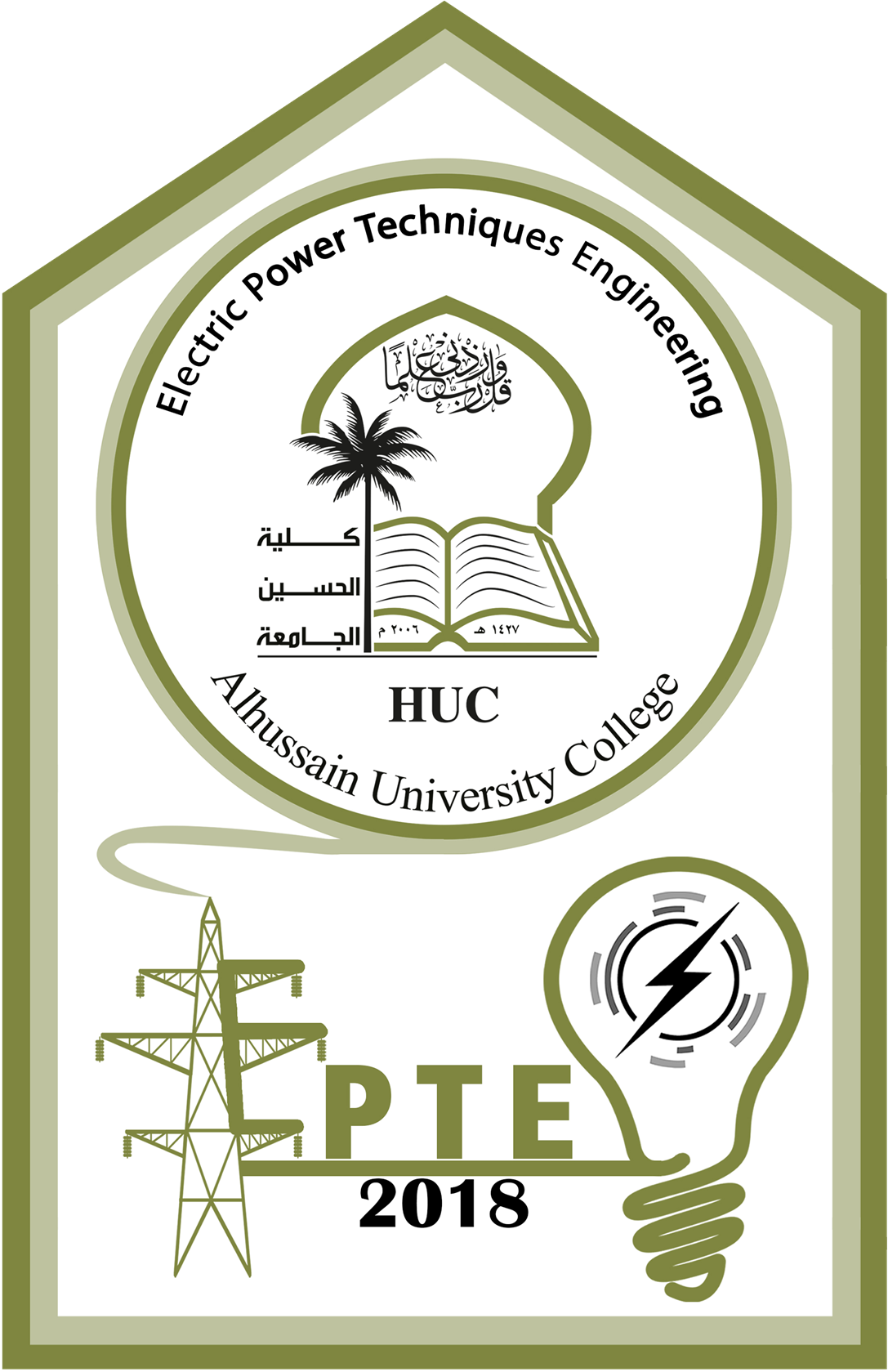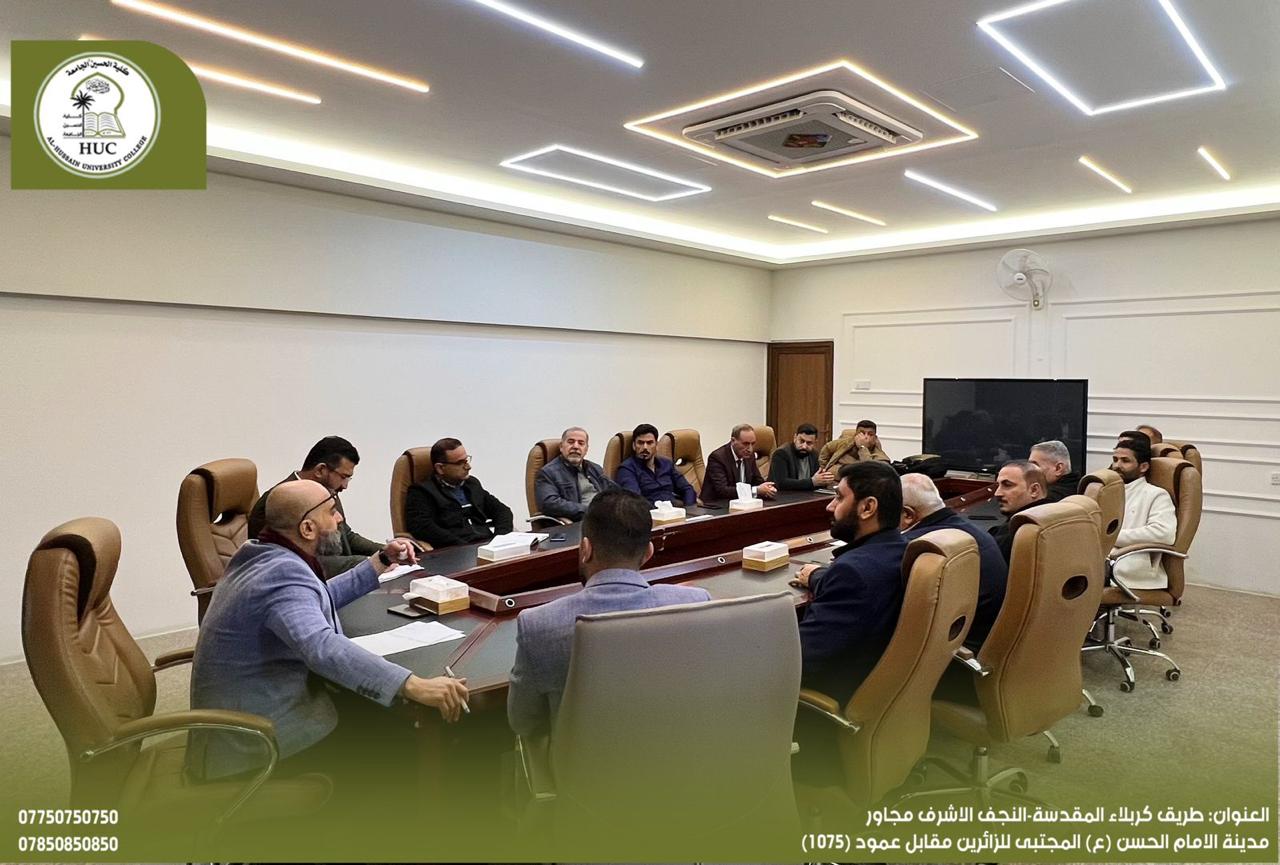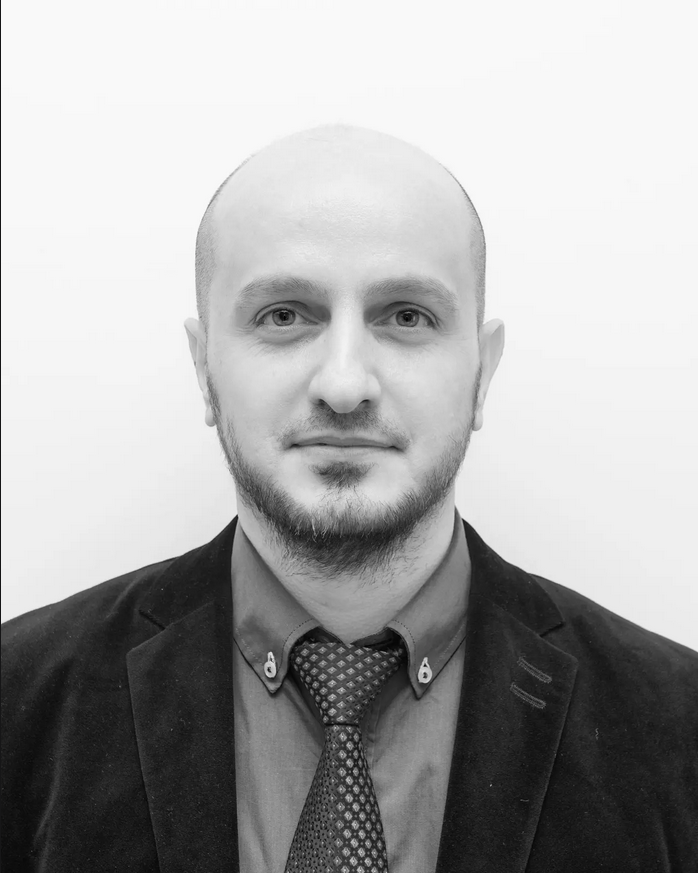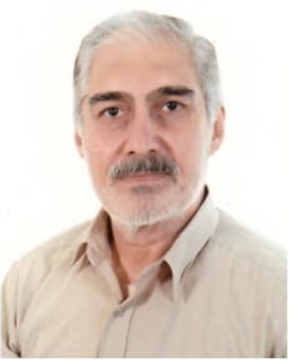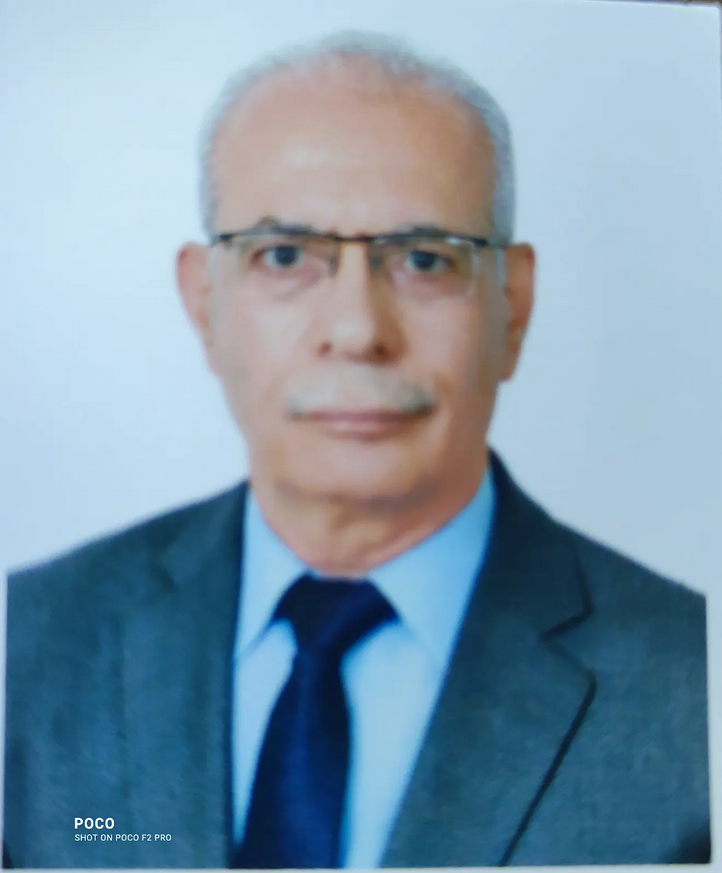Rigorous Technical Education: Provide students with a comprehensive and rigorous education in electrical engineering principles, theories, and practices. Develop a strong foundation in mathematics, physics, and engineering sciences to enable students to analyze and solve complex engineering problems.
Breadth and Depth of Knowledge: Offer a curriculum that covers a broad range of electrical engineering disciplines, including circuits and systems, electronics, power and energy systems, control systems, communications, and signal processing. Provide opportunities for students to specialize in areas of their interest through elective courses and research opportunities.
Hands-on Experience and Laboratory Skills: Foster practical skills through hands-on laboratory experiences, design projects, and simulations. Develop proficiency in using state-of-the-art equipment, software tools, and computer aided design (CAD) techniques to design, build, and test electrical systems and devices.
Critical Thinking and Problem Solving: Cultivate students' critical thinking abilities, problem-solving skills, and the ability to apply engineering principles to real-world challenges. Encourage innovative and creative thinking to develop novel solutions and approaches to engineering problems.
Research and Innovation: Encourage students to engage in research activities and develop a passion for innovation. Provide opportunities for undergraduate research projects, participation in research labs, and collaboration with faculty members on cutting-edge research in electrical engineering.
Ethical and Professional Responsibility: Instill ethical values, social responsibility, and professional integrity in students. Emphasize the importance of adhering to ethical standards, considering the societal impact of engineering work, and practicing engineering in a responsible and sustainable manner.
Effective Communication and Teamwork: Foster effective communication skills, teamwork, and leadership abilities. Provide opportunities for students to work in multidisciplinary teams, collaborate on projects, and effectively communicate their ideas and findings.
Lifelong Learning and Adaptability: Promote a culture of continuous learning and professional development. Prepare students to adapt to evolving technologies, industry trends, and societal needs in electrical engineering throughout their careers.
